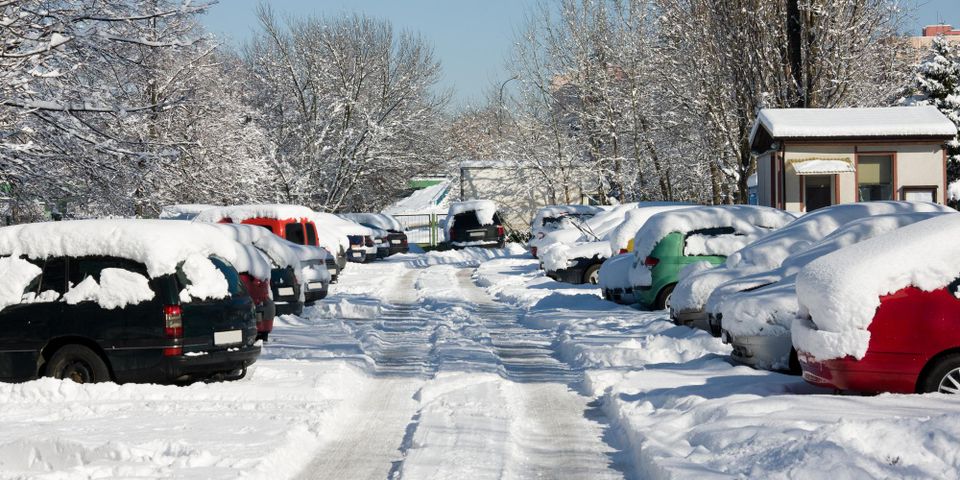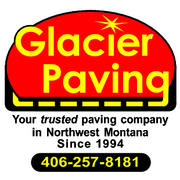
Asphalt is exceptionally durable, capable of withstanding years of extreme heat, rain, and harsh UV rays with very little maintenance. However, asphalt isn’t impervious, especially when it comes to freezing weather and long, frigid winters. Below are a few ways cold temperatures affect driveways, parking lots, and roads.
How Freezing Weather Affects Asphalt
1. Contraction
Asphalt contracts in cold weather. It may shrink when temperatures drop at night or during cold snaps, only to expand again during sunny, warm days. This repeated cycle can cause cracks that destabilize the surface and reach all the way to the subbase.
Moisture can penetrate these cracks. Since water expands when it freezes, cracks may widen, accelerating surface deterioration. Freezing can also interfere with proper drainage.
The proper performance grading specifications and binder ratio can make these temperature fluctuations more manageable.
2. Frost Heaves
 After several days of cold temperatures, the water in the soil underneath an asphalt surface will also freeze. This expanded ice then causes the ground to heave upward, potentially cracking or buckling the surface.
After several days of cold temperatures, the water in the soil underneath an asphalt surface will also freeze. This expanded ice then causes the ground to heave upward, potentially cracking or buckling the surface.
Certain soil types are more prone to this issue than others. Those mixed with a high percentage of sand or gravel are less prone to frozen particulates than siltier varieties.
This issue can be prevented by proper design and using an appropriate subgrade material.
3. Thaws
Thaws, or melting ice, can create separate problems for asphalt. As the ice in the subgrade melts, the resulting fluid may not be able to drain out of the soil quickly. This may soften the subgrade. If it becomes too soft, its load-bearing capacity will be diminished — which may mean that you need to adjust load limits in the area.
In some conditions, temperatures may only be warm enough to melt snow and ice at the surface. The runoff will then encounter ice in the subgrade, where it will get trapped and cause further surface erosion.
In some instances, the long-term solution may be to increase pavement thickness or to address the quality of the subgrade.
Whether you’re installing a new parking lot or need emergency driveway repairs, you can depend on Glacier Paving to ensure your asphalt surfaces survive the winter. Since 1994, they’ve been serving homes and businesses throughout Montana’s Flathead Valley, offering cost-effective options and reliable results. To discuss your project and request a quote, give them a call at (406) 257-8181.
About the Business
Have a question? Ask the experts!
Send your question

